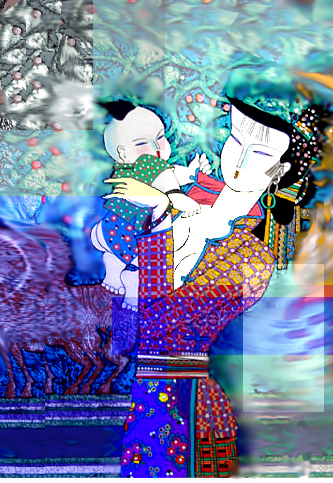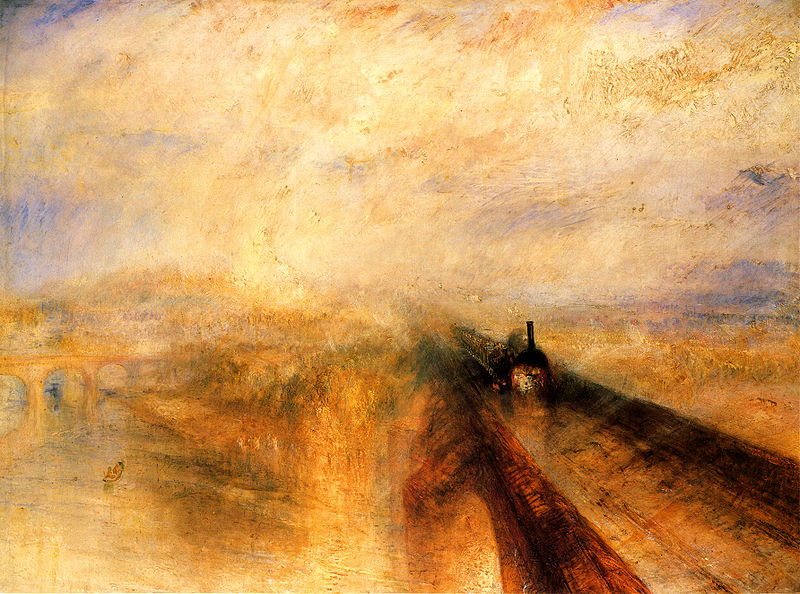Beauty is in the eye of the beholder.
The Writings of Liezi, 5th or 4th century BC (paraphrased)
Theocritus 3rd century BC (paraphrased)
Knowledge defining, sharing, processing and using belong to the most significant factors impacting on social and economic sustainability. Important questions include: how far, how ‘completely’ (how deeply) should we understand certain process in order to achieve a predefined goal. This implies a dilemma on how ‘completely’ should we present (and explain) the existing knowledge to the students entering the field of a specific discipline.
A logistic approach ─ developing analytical skills and knowledge (mathematics) ─ is helpful only to an extent to which these skills are applied to information about the actual processes. And here re-surfaces the original concern i.e. which quantity of information (and at which level of definition) needs to be collected and comprehended. Bearing in mind eternity and infinity of variations that perplex processes in our ambient, it appears that some compromises must be approximated. Criteria for these approximations are comprised within our intentions. Intentions are affected by our beliefs which, in turn, are affected by our knowledge.
Here lies a motive for expanding our knowledge beyond our immediate intentions. Yet, which criterion should be applied now when our intentions are eliminated. One could be termed a sheer curiosity, but behind this powerful motor, there are other quite momentous drives such as an intrinsic search for aesthetic aspects in our ambient.
Many would agree that the fine arts escape rational explanation however only a few, if any, would propose that the fine arts should be eliminated from our life. Our life would be unbearable without music, humour and other arts, and the same can be said about the effect of the fine art on the education process.

J. M. W. Turner - Rain, Steam and Speed - The Great Western Railway (1844), oil on canvas, National Gallery, London
Antonym for the 'knowledge' is not an 'ignorance'. 'Ignorance' is a lack in education of one or more people, an unfamiliarity with otherwise existing knowledge. Antonym of knowledge is an infinitely large, unexplored, not yet discovered, unanticipated variety of relations, processes and systems within and beyond us. Perhaps, we are not completely unaware of that unimaginability. Perhaps the art is our way of expressing, describing and anticipating this undefinable relation with the things beyond the boundaries of our knowledge.
We are searching between the electrons and the stars, and are sighting both deeper and higher, beyond these horisons. Wouldn’t it be helpful to allow to the students to cross the borderlines of unknowingness? The growing evidence [1-6] indicates that too strong separation of scientific knowledge from non-scientific aspects (pertaining to matters, which are not scientifically rigorous, for example fine arts) can lead to encaging the student’s intellect. “In the… study (published in reference [6]) (a sample group of the) Israeli students in the same selective (university) department differed by whether they had done mandatory army service before the university or would do it after. This difference allowed a comparison between epistemological levels of students with different social experiences but with similar academic experiences. Those with the socially diverse army experience were (statistically) less likely to have absolutist thinking about everyday knowledge contexts.” Authors continue to state “We do not suggest that countries adopt mandatory … military service, nor ... that they ever would have the need to do so. However, the social experience of students, either before or during their undergraduate years, might be enhanced to allow for exposure to social diversity and the broadening of perspectives outside of the academic realm” [6]. This example is illustrative because of its extremity. If an experience such as a military service helps to break the ice that blocks the understanding our environment, then there are very good chances that the participation in highly creative activities such as manufacture [5] and fine arts will be useful within the process of the university education.
References
[1] Guest Editors: Ellen Winner and Lois Hetland “The Arts and Academic Achievement: What the Evidence Shows” The Journal of Aesthetic Education,
[2] Spuzic S, O'Brien J "Mobilizing the Curiosity, Attention, and Inventiveness of Future Materials Engineers, Part I: The Infinite Variability of Matter"; Journal JOM-e, July 2002, a publication of The Minerals, Metals & Materials Society (TMS); this transcript can be accessed at http://www.tms.org/pubs/journals/JOM/0207/SpuzicI/SpuzicI-0207.html
[3] Spuzic S, O'Brien J "Mobilizing the Curiosity, Attention, and Inventiveness of Future Materials Engineers, Part II: A Fascinating Vision" Journal JOM-e, July 2002, a publication of The Minerals, Metals & Materials Society - TMS; this transcript can be accessed at http://www.tms.org/pubs/journals/JOM/0207/SpuzicII/SpuzicII-0207.html
[4] M Kebritchi, A Hirumi “Examining the pedagogical foundations of modern educational computer games” Computers & Education 51 (2008) 1729–1743
[5] Spuzic S, Abhary K, Stevens C (2006) “Real Investment in the Production and Education Process: Manufacturing Aided Education”; the 5th Pan-European Conference on Planning For Minerals and Transport Infrastructure: PEMT'06 -
[6] Michael Weinstock, Hila Zviling-Beiser “Separating academic and social experience as potential factors in epistemological development” Learning and Instruction, In Press, Corrected Proof, Available online via ScienceDirect 11 October 2008
